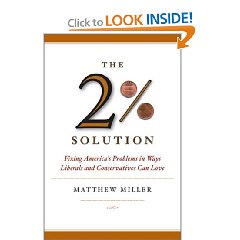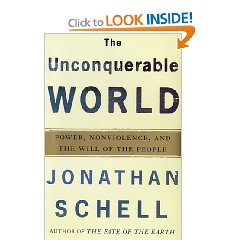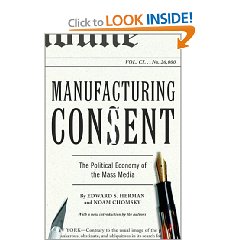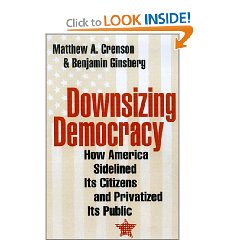
This is a diplomatic companion to Hillary Clinton's lightweight personal story. Madame Secretary will never be confused with Henry Kissinger or Zbigniew Brzezinski. It merits comment that Hillary appears to have had a great deal to do with Albright getting the job. If you want a read that covers the years superficially, and glosses over a great deal of what actually did or did not transpire, this is the book for you. If you want serious reading about international relations, or grand strategy, or how to deal with the twenty big problems facing the world, see the other books I have reviewed for Amazon, including Joe Nye, Kissinger, Boren et al, Jonathan Schell, Shultz et al, E.O. Wilson, J. F. Rischard, and so on. Half the book is about the personal path to power, the other half is about very narrow slices of what the Clinton Administration chose to focus on–an administration where foreign policy and national security were largely on automatic pilot and very much in a back seat compared to domestic matters.
Most troubling to me is the chapter on terrorism, chapter 22, titled “A Special Kind of Evil.” In exactly 17 pages (.03 of 512 text pages), Albright manages to gloss over the fact that she deliberately and repeatedly sided with Sandy Burger in constantly suppressing intelligence that warned suicidal terrorism was on the rise, and took a back seat–or no seat–on the subject of devising a national grand strategy for counter-terrorism. She is proudest of getting $1 billion for turning our Embassies into bunkers, something 9-11 demonstrated to be inconsequential.
She says “The response by the Clinton administration to the Africa embassy bombings and other attacks on our watch resulted in the apprehension of many terrorist suspects and established a strong precedent for international cooperation in fighting terror.” This is absolute and utter baloney. The reality is that neither the CIA nor the FBI or any foreign governments were actually put on a war footing, because the Clinton's did not want to dim the lights and bear down.
I find it quite noteworthy that “intelligence” does not appear in the index as a term. This is a book about travel and personal meetings, which is how Clinton's national security team spent its time. We have gone from that extreme to the other, of neo-conservatives who never served in uniform throwing military force around unilaterally and indiscriminately.
The next president must find a middle ground, an informed middle ground where intelligence, strategy, policy and spending (“it's not policy until it's in the budget”) are fully integrated, and America is able to devise a sustainable, strong, smart foreign policy that includes a robust homeland defense with homeland counterintelligence, a massive peace force, a considerable global constabulary force, and a big war force sufficient for two major regional conflicts at once. We cannot cut the national security budget by one penny, but by golly, we can do a *lot” better than either the passive Clintonians or the psychopathic Bushies.










